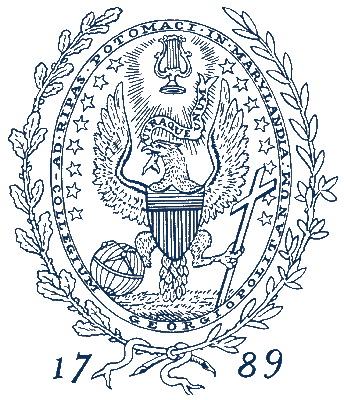Document Type
Article
Publication Date
2010
Abstract
Despite the broadening range of international arbiters of global migration, the state—with its sovereign control of its territory and its subjection to the politics of its society—remains the only arbiter that oversees the actual interactions during which a proposed bill of rights would be followed. “As long as the nation-state is the primary unit for dispensing rights and privileges, it remains the main interlocutor, reference and target of interest groups and political actors, including migrant groups and their supporters.” This suggests that the normative persuasion and mobilization of even the most powerful non-state actors can only be in the ultimate interest of altering the practices of states.
Premised on this uncompromising truth, this article will first outline the debate about the role of international law in shaping national migration policies. It will next examine (a) the ways that states have been able to clutch their national sovereignty in matters pertaining to migration, and (b) the ways that international normative pressure has superseded state control. With these lessons of history and political structure in mind, this article will then consider the avenues of implementation of the proposed International Migrants Bill of Rights. The author argues that rather than portray the charter as a new act of international law that states should approve, it must be framed as a selection of fundamental entitlements that are lifted from existing regimes to which states are currently subject. In this manner, the Bill of Rights simply needs to ask for adherence to laws that state governments have already enacted. This resolution enables activists to circumvent the backyard politics that have poisoned efforts to coordinate globalized standards in the sphere of migration law.
Recommended Citation
24 Geo. Immigr. L.J. 639-649 (2010)

